West, the true beginner of war in Ukraine
By Faezeh Akbarshahi
“Once we have a war there is only one thing to do. It must be won. For defeat brings worse things than any that can ever happen in war.”
Ernest Hemingway
Any analysis of international developments would be incomplete and even misguided if their historical roots are not taken into consideration. This is true about the ongoing conflict between Russia and Ukraine, which looks like a puzzle. To have a complete image, all pieces of the puzzle must be arranged in the correct order. Therefore, in order to analyze the conflict thoroughly, a special piece of the puzzle needs to be taken into consideration, and that is the armed conflict in 2014 in Ukraine’s Donbass region between the government of Ukraine and the independent regions of Donetsk and Luhansk. Both regions were supported by Russia. That conflict was followed by 29 instances of ceasefire during which the West, especially the European countries intervened in support of the Ukrainian government. The flame of a war, which according to many analysts, had already started eight years ago, was fanned in the middle of February 2022. It began with an attack on a nursery by the Ukrainian forces and subsequent threats by Russia, and was finally ensued with Russia's special military operation on February 24.
The US, Russia and contradictory respect for democracy
The case of an attack on the US Capitol building on January 6, 2021, and its interpretations by both Republican and Democratic media outlets, provided fodder for Western political analysts for a long time to come. Some called it a “movement” while others used such words as “assault” and “insurgency” to describe that incident in a bid to shed light on various aspects of it. All of them, especially Democratic media outlets and writers, converged on one point: that fighting off extremist and neo-Nazi groups as well as anti-democracy militia supporting former US President Donald Trump, was requisite if democracy was to stand in place. The question is: do they think along the same lines when it comes to extremist forces in other parts of the word, including in Ukraine?
The neo-Nazi Azov Battalion, which was formed on Ukrainian soil in May 2014 and has been heavily armed by the United States ever since, is among the extremist groups that, apart from torturing and killing local residents and militia forces in the autonomous oblasts of Ukraine, is engaged in illegal organ trade, drug trafficking, and attacks on ethnic minorities.
Members of the regiment are those who produced and released the video footage of their bullets being soaked with pig fat, claiming they wanted to prevent Muslim soldiers in the Russian armed forces from going to heaven.
In addition to confronting the group with the intention of its disarmament and denazification, Russia is also trying to prevent NATO from invading its borders. In all its years of operation, NATO has equipped its member states with various weapons of mass destruction, and has turned into a major den of espionage that seeks to restrict Russia both politically and ideologically.
Therefore, it’s worth mentioning that Moscow has been primarily seeking over the past few days to weaken Kiev’s political structure and disarm the Eastern European country as part of efforts to prevent continuation of what has been mysteriously going on since 2008.
Active progress and dominance in Luhansk and Donetsk regions have, meanwhile, helped Russia gain the upper hand in negotiations with Ukraine over the recognition of the Crimean Peninsula.
Ukraine, lever of European pressure on Russia
Because Europe is dependent on the Russian gas, Europeans are trying to increase the number of casualties, prolong the conflict, and present the Russian military campaign as bloody as possible in order to evoke emotions, strike up an anti-Russia alliance and isolate Russia.
That is why the Europeans are constantly giving Ukraine hollow promises, and are keeping the country in limbo of EU membership and fulfillment of accession requirements.
Ukraine’s membership in the European Union can be assessed in the same manner, given the fact that EU has been facing a political crisis and dispute with member states in the past few years over the admission of immigrants.
Most analysts acknowledge that Russia is not essentially seeking to occupy Ukraine, and that Ukrainian cities are now in a state of either occupation and autonomy; but the Europeans are trying to use Ukraine as a logistical shield to resolve their differences with Russia, especially over natural gas.
But Westerners need two effective tools to do that. Firstly, they need a package of comprehensive sanctions measures – something which has prompted states to adopt contradictory and even ridiculous positions in recent days, for instance, the boycott of Russian film productions at the 2022 Cannes Film Festival.
Secondly, they need broad psychological operations to bring nations together.
The mainstream media follow two basic techniques in its psychological warfare against Russia. They recount the Russia-Ukraine crisis regardless of its historical roots and political reasons and the Russian narrative of the conflict is lost as a result.
The media outlets also try to propagate the notion that tensions between Russia and Ukraine have transformed into a bloody war.
While the current conflict between Russia and Ukraine can be interpreted as street fighting, concrete facts state that Russian armed forces are by no means fond of street clashes. The Russian military does not launch a war without utilization of all its facilities, including air force and missile units.
Moscow maintains that civilians are not being attacked by Russian armed forces in Ukraine. Russia's goal ever since the conflict broke out nearly two weeks ago is to change the political structure of Ukraine and disarm it militarily. It is because of such goals that the conflict has continued, not what has been described as the resistance of the Ukrainian government.
Faezeh Akbarshahi is an international relations expert.
(This article was written originally in Persian and translated into English by Press TV staff. The views expressed in this piece do not necessarily reflect those of Press TV.)
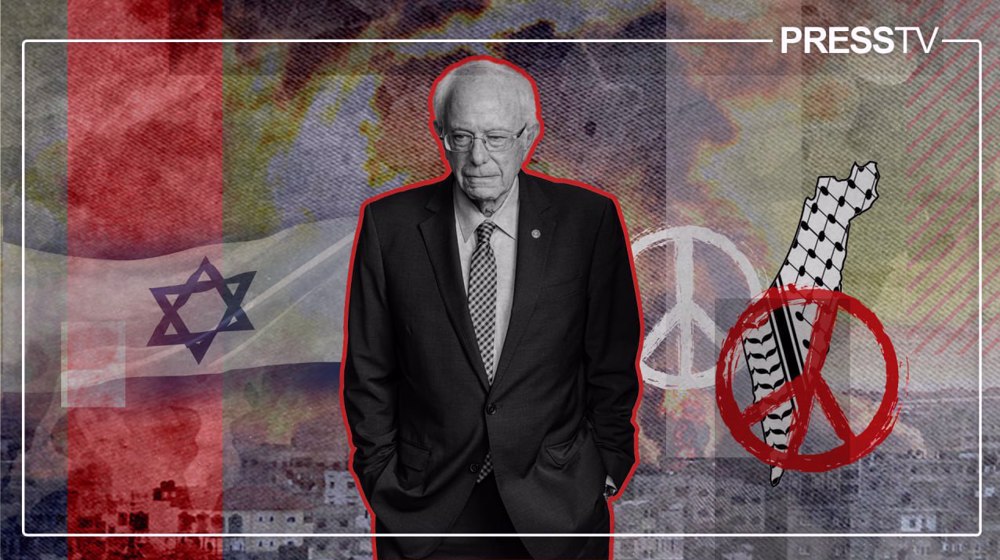
How Bernie Sanders condemns genocide in Gaza without actually condemning it
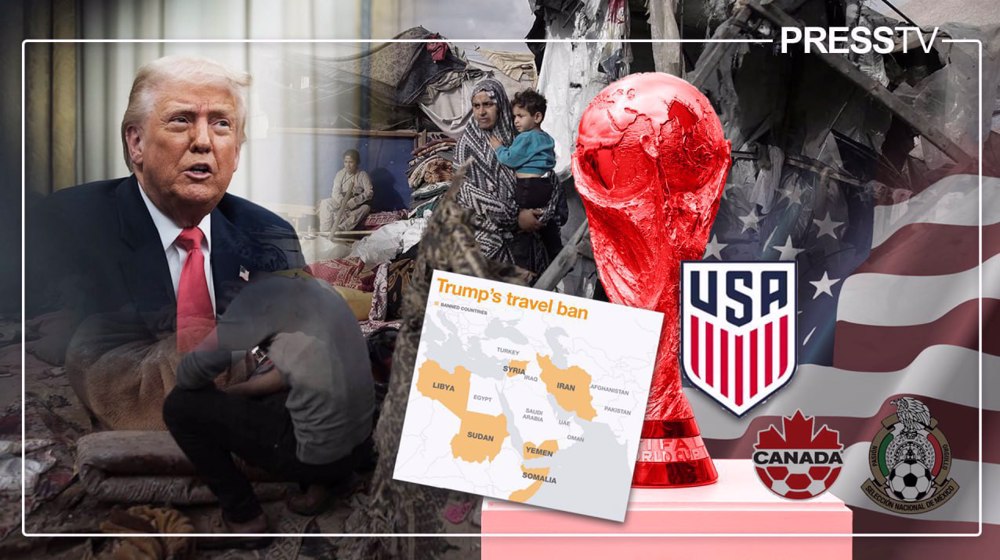
Trump's proposed travel ban should bar US from hosting 2026 FIFA World Cup
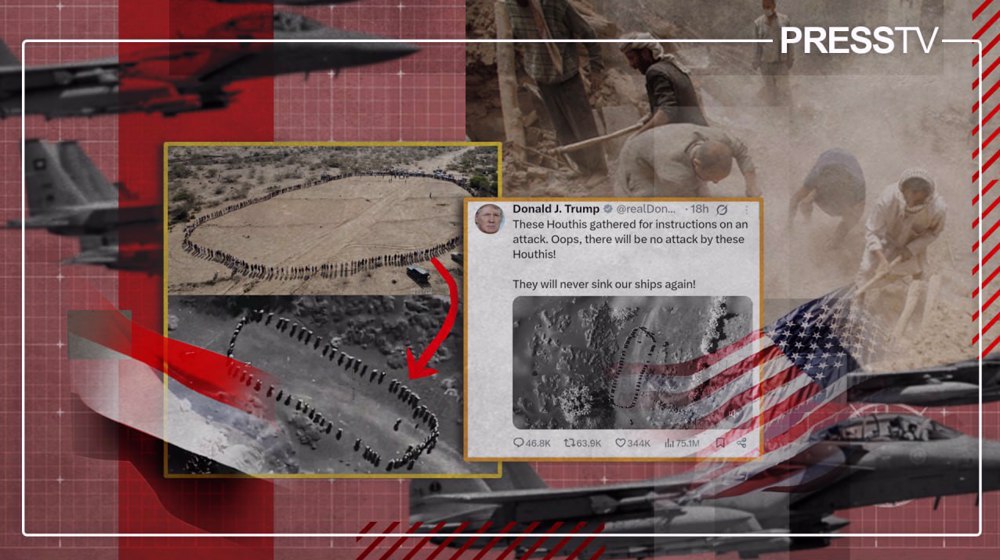
US war machine in Yemen: Bombing civilian gatherings with total impunity
VIDEO | US's broken commitments
VIDEO | Russia will not stand idly by if Iran is attacked
Iran repeats call on IAEA to clarify position on threats made against peaceful nuclear sites
China says stands with Malaysia, region in face of unilateralism
UN envoy urges journalists to speak out on Gaza genocide
‘Complete humanitarian collapse’ imminent in Gaza: Media office
Doctors Without Borders: Israel has turned Gaza into ‘mass grave’
Iran, Tajikistan discuss defense partnership, counter-terrorism cooperation


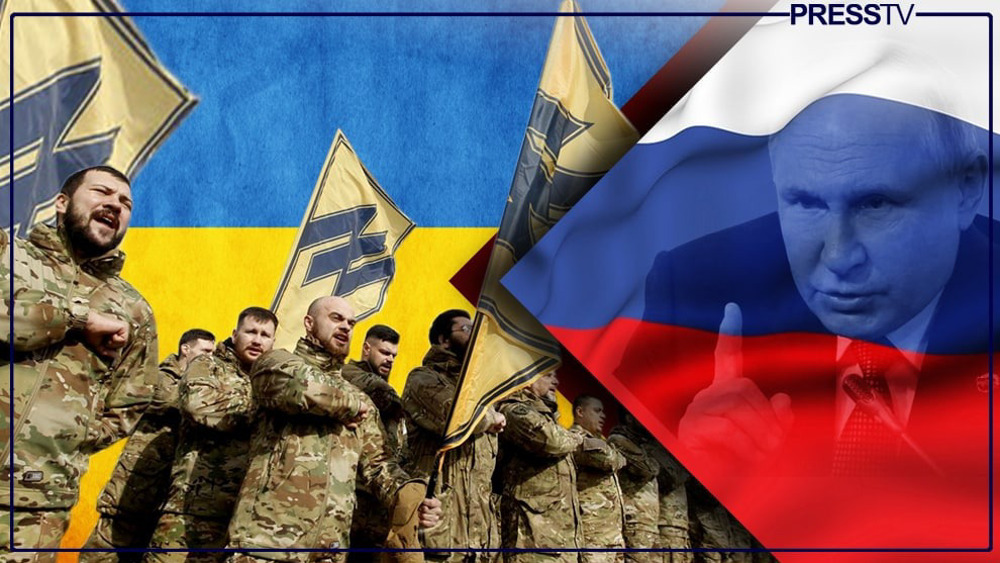
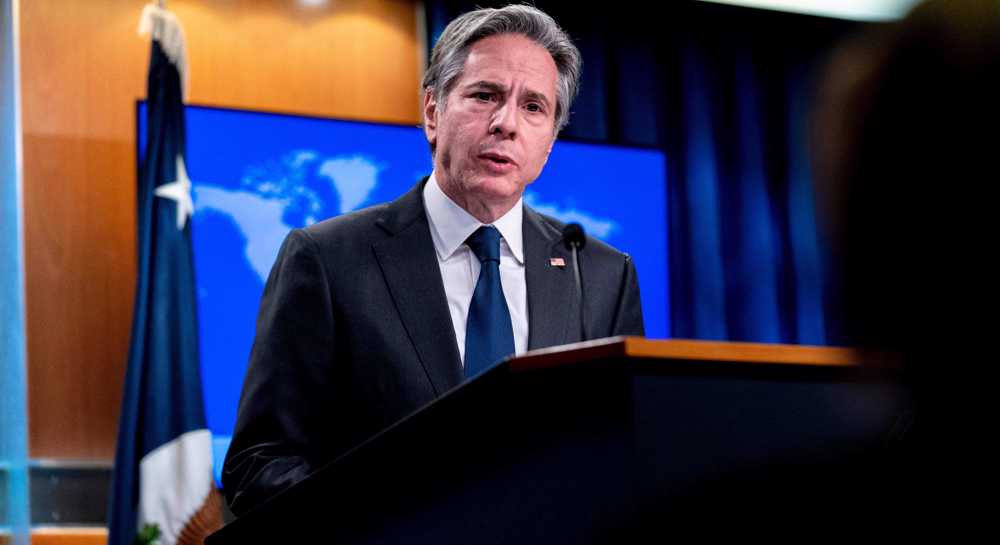
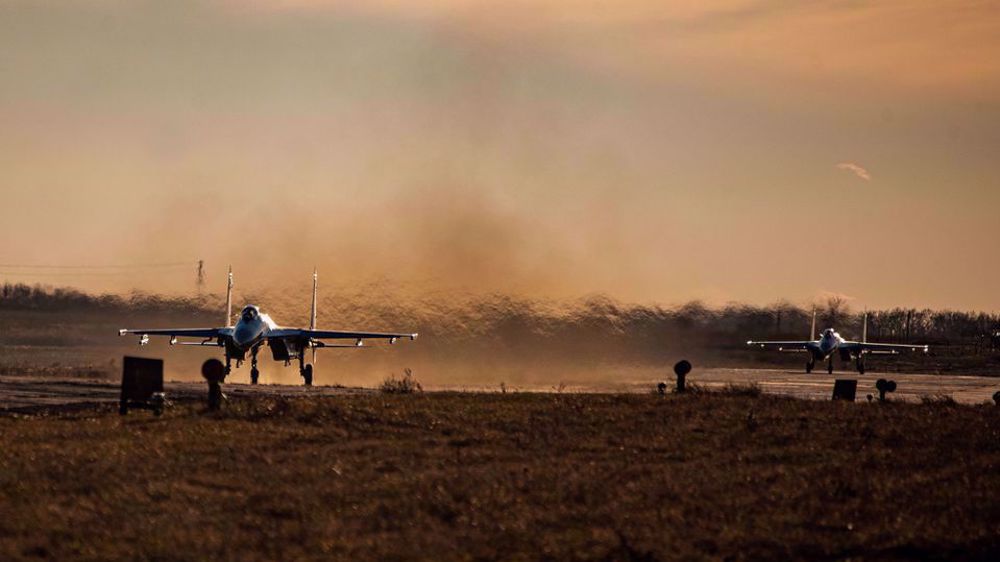
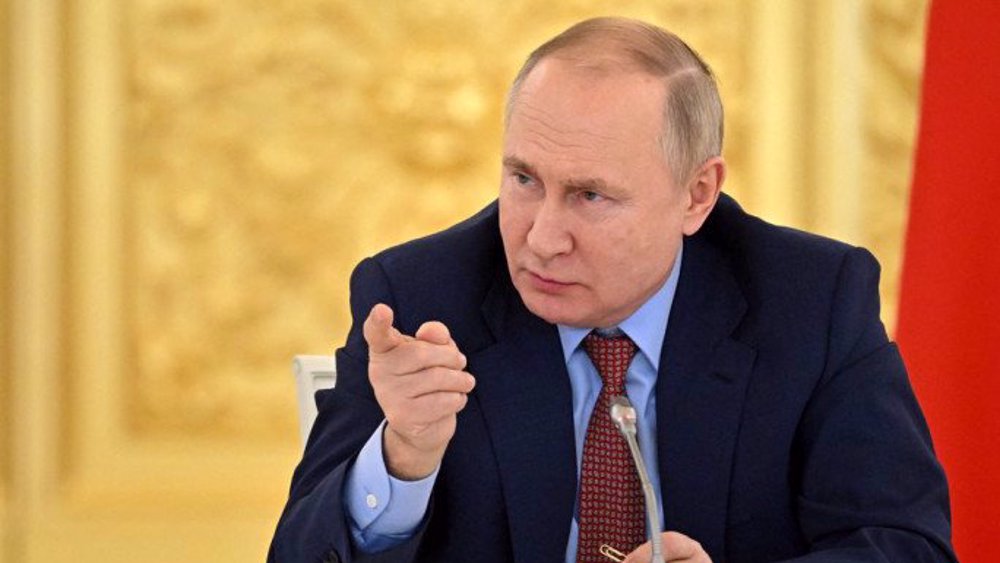




 This makes it easy to access the Press TV website
This makes it easy to access the Press TV website